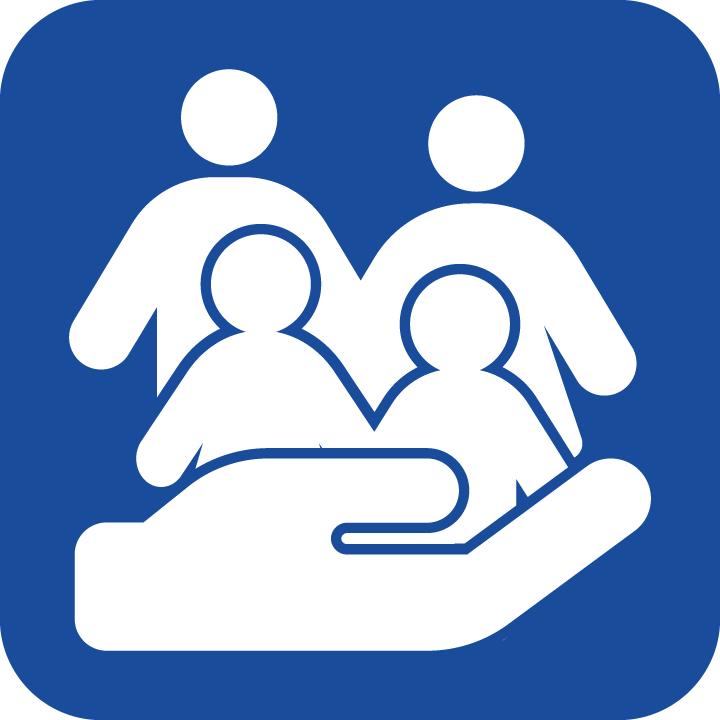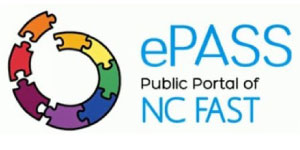North Carolina’s Work First program is based on the premise that parents have a responsibility to support themselves and their children. The Work First program promotes a strengths-based, family-centered practice approach, encouraging families and social workers to collaborate to meet a participant’s goals. Work First provides parents with short-term training and other supportive services to help them become employed and move toward self-sufficiency.
“Child Only” Work First
Families in which grandparents or other non-parent caregivers are caring for relative children can receive services and support that help to prevent children from unnecessarily entering the foster care system. These cases are considered “child only” (i.e. only the children are countable for benefit purposes) and, therefore, these families are not subject to work participation requirements.
Work First Benefits
All adults who are included in the assistance payment must have a Mutual Responsibility Agreement (MRA) Plan of Action. For parents, this agreement requires the individuals to work or participate in work-related activities. These adults must complete all of the requirements on their agreement each month before receiving Work First Cash Assistance, unless there is good cause. Work First Benefits (WFB) mirror the working world, where individuals “work first” and receive payment for employment afterwards.
Work First Employment Services
Work First Employment Services is the component of the Work First Program that helps participants prepare for and find a job. A Work First case manager will help participants choose an activity that best meets their individual needs. Once an individual applies, he or she will immediately begin working with Employment Services and be required to take steps toward finding a job.
Work First Components
Countable participation components may include:
- Employment
- Job Search / Readiness
- On-the-job Training
- Work Experience
- Community Service
- Vocational Training
- GED classes
- Secondary Education
- Job Skills Training
In order to definitively determine eligibility, please speak with a WFFA Social Worker. Walk-ins are welcome; appointments are encouraged.

Temporary Assistance
Benefit Diversion
Benefit Diversion is designed to meet a specific family crisis or episode of need through the use of nonrecurring short-term benefits. Benefit Diversion is not appropriate for a chronic or continuing situation.
This is a one-time, lump-sum payment based on household composition.
A family may be a likely candidate for Benefit Diversion if….
- A caregiver will likely receive a job offer.
- A parent is employed and will need assistance to cover the costs of rent, utilities and child care until his/her first pay check is received.
- An adult in the home will begin work within three months.
- The family includes a caretaker who is sick or out of work on maternity leave, receiving little or no pay.
Emergency Assistance
Emergency Assistance may assist with a family’s sporadic emergency needs, such as a utility disconnection or an eviction notice.
To be eligible for Emergency Assistance:
- Households must include a dependent child who meets the age limit and kinship requirements for WFFA.
- The total gross family income must be at or below 200% of federal poverty level.
- Families must meet all of the eligibility requirements as set forth in the County’s Work First Plan.
- The assistance available must alleviate the crisis.
200% Services
200% Services support job retention and advancement with the goal of strengthening the family as well as promoting the healthy development of children and parents.
200% Services may include:
- Education
- Job Search
- On-the-Job Training
- Job Readiness
- Skills Training
- Work-related expenses
- Parenting Skills
- Child & Family Enrichment
- Case Management
- Transportation
All TANF programs require that at least one dependent child who meets program-established age, kinship and citizenship rules resides in the household. In order to definitively determine eligibility for any TANF services, please speak with a Social Worker in the Family Support Services unit.
To provide family-centered services to children and families and support well being through self-sufficiency, safety and permanency.
Our mission



